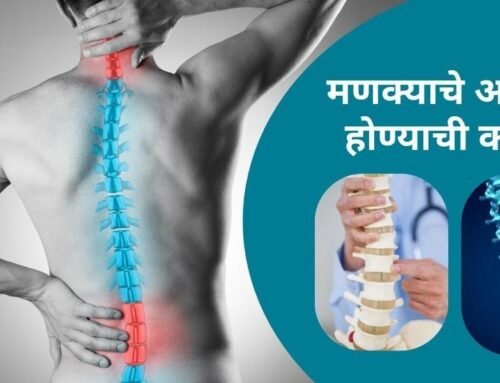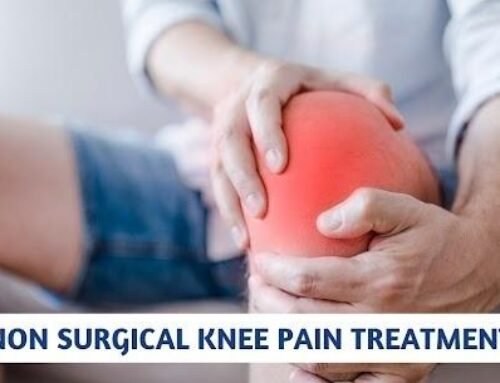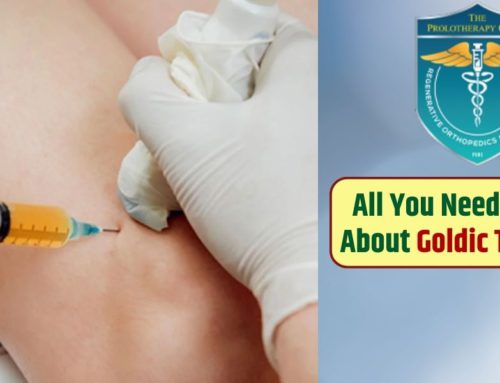Nonsteroidal anti-inflammatory drugs or NSAIDs, are the most prescribed medications for treating painful conditions such as acute/chronic pain and arthritis. Most people are familiar with as many NSAIDs are available over the counter. Pharmaceutical companies are spending more money to promote their products(painkillers) and our Country is in the midst of a raging painkiller epidemic driven by our overuse of these drugs. But, They are not as safe as we think. There are risks in regularly taking NSAIDs.
Less severe side effects experienced by some people include:
- Gas/Feeling bloated
- Heartburn /Stomach pain
- Nausea/Vomiting
- Diarrhea/Constipation.
- Dizziness
- Allergic reactions
Adverse effects associated with long-term use of NSAIDs include:
- Fluid retention in the body(swelling of face, legs, etc)
- Peptic ulcers and gastrointestinal bleeding
- Worsens Asthma
- Increase blood pressure
- Bleeding or clotting problems
- Worsens liver or kidney disease
- Increases risks of heart attack/stroke and related conditions
Effects of NSAIDs related to acute/ chronic musculoskeletal pain, sports injuries, and arthritis:
Patients who visit for acute/chronic musculoskeletal pain, sports injuries, or arthritis are likely to be prescribed an NSAID because doctors believe that NSAIDs still offer the best of both worlds – an anti-inflammatory medication and a pain reliever.
Knee osteoarthritis is the most common cause of knee pain in older adults and NSAIDs are among the most commonly prescribed medications for knee osteoarthritis.
In fact, NSAID usage adversely affects the environment of the joint by inhibiting inflammation and accelerating cartilage degeneration and worsening arthritis and joint deterioration. Also, chronic use causes NSAID resistance through central sensitization (a heightened sense of pain) and neuropathic processes. As such, NSAIDs are still considered the first-line treatment for osteoarthritis-related pain despite significant side effects including acceleration of arthritis and worsening of pain in the long term.
You might wonder why you still have pain in an injured area or why that area remains weak, even after a healing period of weeks, months or years.
The answer lies in the fact that both ligaments and tendons have very poor circulation and it is this lack of blood supply that deprives them of the nutrients they need to heal properly. So Natural healing of tendons and ligaments is slow and the most often than not, tendons and ligaments may not heal back to their original strength and endurance. At the same time, the nerve supply to tendons and ligaments is superior to other parts of the body. That’s why you may feel a significant amount of pain and trigger muscle spasms. Such pain can often radiate to arms and legs, resembling severe radicular pain. (Hackett Ligament Referal Patterns ). Also, doctors prescribe their patients presenting with recent trauma, back pain, or any other joint pain to take painkiller drugs. (Painkillers are not without side effects like- ) These tablets inhibit inflammation, and also inhibit the healing cascade.
Despite all of this, NSAIDs are widely used, often as the mainstay of treatment. The use of NSAIDs warrants careful assessment of patient and disease conditions because of the toxicity associated with this class of medications. Anyone using NSAIDs for any pain should be under a doctor’s care and the use of this product should be with a very low dosage and for the shortest duration of time. NSAIDs give a false sense of healing and make things worse.
While, Prolotherapy, with its unique ability to directly address the root cause of the disability, can repair the weakened sites and result in the restoration of proper function by proliferating new ligamentous tissue.
Prolotherapy promotes genuine, natural body healing and uses no artificial substances, no medications, and nothing that can cause adverse future side effects. The great advantage of Prolotherapy is that it is Safe.
In other words, Prolotherapy naturally promotes tissue Rejuvenation.
Dr. Vikram Rajguru is India’s first Interventional Regenerative Orthopedic and OrthoBiologic Surgeon. He is one of a small bunch of specialists in the Nation that is both an Orthopedic Surgeon and a master in the field of Interventional Regenerative Orthopedics and Sports Medicine. This mix of degrees gives Dr. Vikram Rajguru an expansive subject matter and ability that benefits his patients generally. Through his aptitude, he has assisted numerous patients with returning to a dynamic way of life by giving agony resolution and recapturing lost portability through noncareful just as careful treatment. He accepts to consistently give guidance that is equivalent to that which he would suggest for ourselves or our own family.




